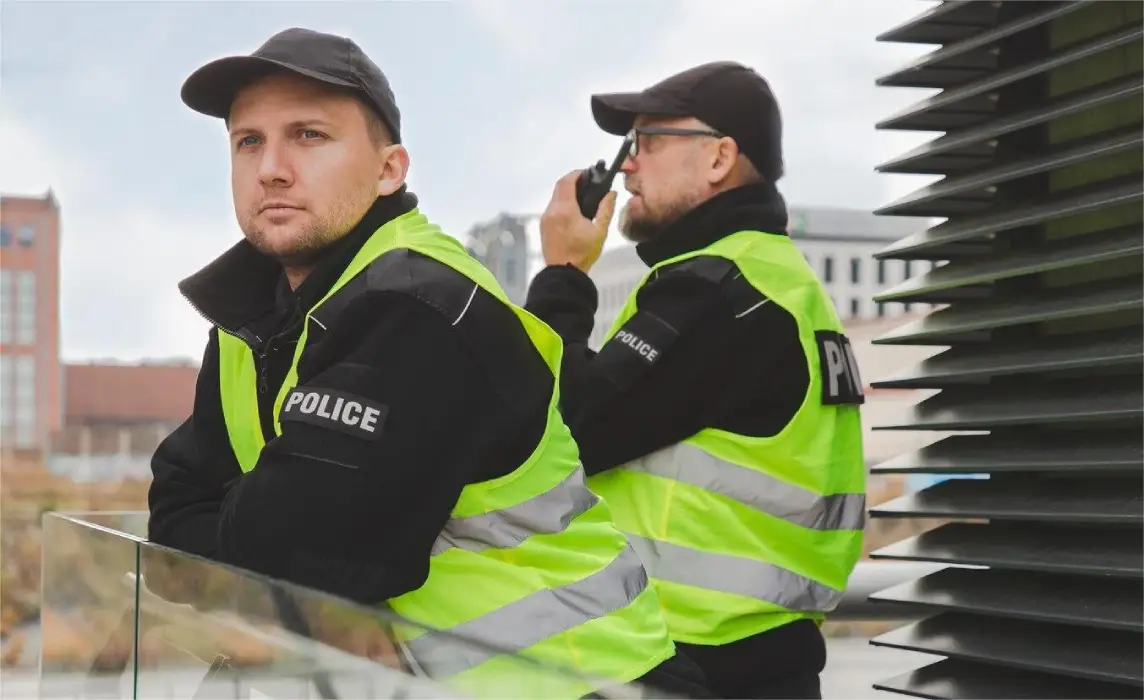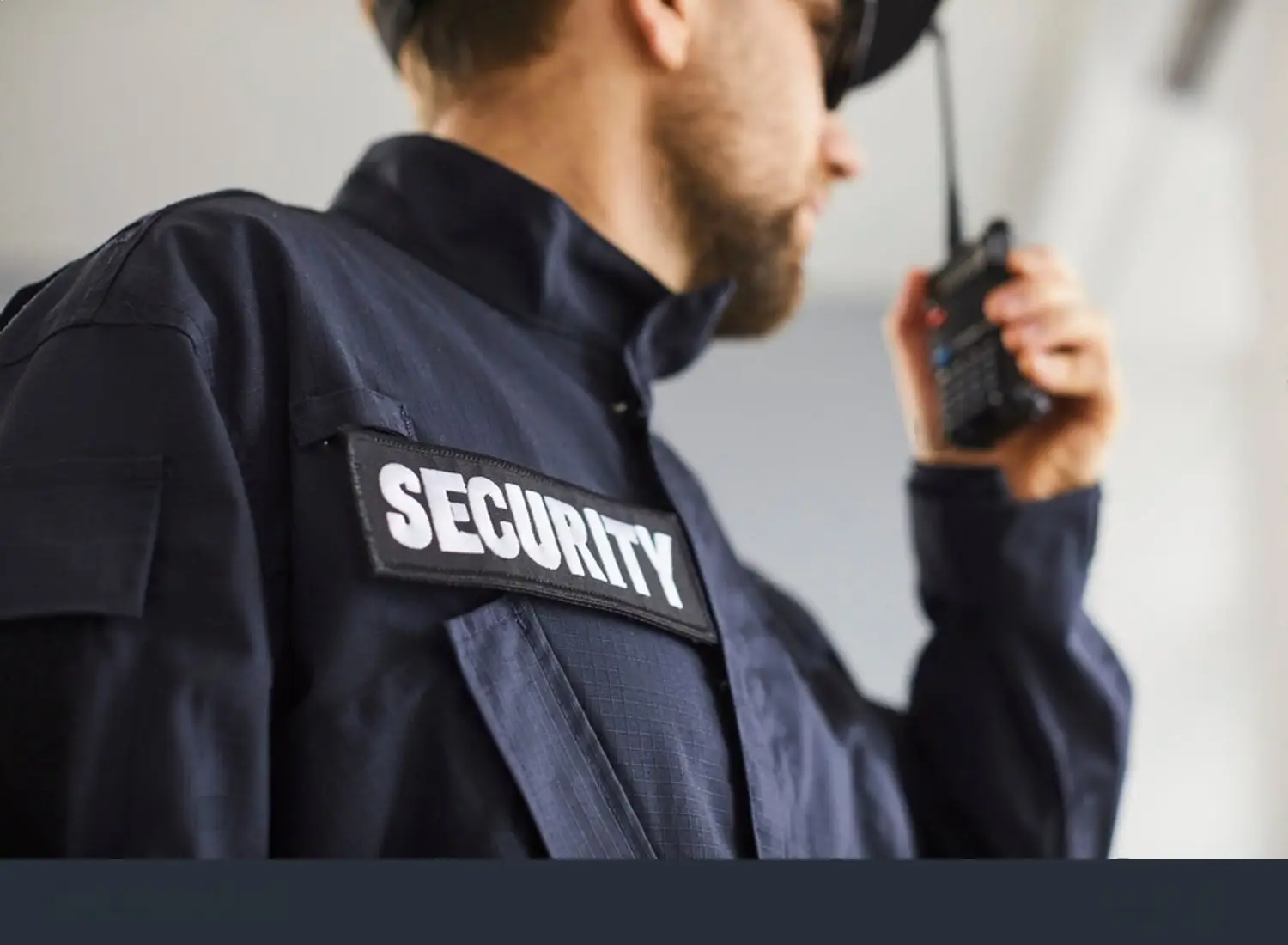
What Is SIA Frontline Security?
By London Security College Is Your Licence Near to Expire? SIA Refresher Training + First
SIA Refresher Training + First Aid– Keep Your Licence Active! Only £199
Knowing your rights can help you respond confidently and appropriately when interacting with police officers in the UK. From being stopped on the street to being asked for documents, understanding the law in various situations is essential. This guide explains how to navigate such encounters while referring to relevant UK laws and sections.
Police officers can ask you questions for various reasons, but you are not always required to respond. Here’s a breakdown of common scenarios and how you can handle them
Police can stop and question anyone, but you are not legally obligated to answer unless certain conditions apply:
There is no general legal obligation to answer questions posed by a police officer. Your right to remain silent is protected under Section 34 of the Criminal Justice and Public Order Act 1994. However, silence during police questioning may negatively impact your defense if your case goes to court.
You can politely decline to answer most questions. A simple response could be, “I’m not obligated to answer that.” However, cooperate fully when the situation warrants legal requirements, such as during a traffic stop or Stop and Search.
In the UK, police must inform you of your right to silence when you are arrested or detained. This caution differs from the US Miranda Rights but serves a similar purpose.
You do not have to say anything, but it may harm your defence if you do not mention something you later rely on in court. Anything you do say may be given in evidence.”
This caution is used when you are being arrested or detained for questioning.
Whether you must provide documents depends on the situation:
If police request your driving licence, insurance, and MOT certificate, you must comply. If you don’t have the documents with you, they can issue a “producer,” requiring you to present them at a police station within seven days.
For Pedestrians:
You are not required to carry identification or provide documents when stopped on the street. However, if police suspect you of committing a crime, they may request identification. Unless you are detained or arrested, you are under no obligation to comply.
Understanding your rights when interacting with UK police officers ensures you can protect yourself legally while cooperating appropriately. Always stay calm, ask for clarification when necessary, and refer to the relevant laws when responding to police officers. This awareness is critical to maintaining both your legal protections and your civil liberties.


By London Security College Is Your Licence Near to Expire? SIA Refresher Training + First

By London Security College Is Your Licence Near to Expire? SIA Refresher Training + First

By London Security College Is Your Licence Near to Expire? SIA Refresher Training + First

By London Security College Is Your Licence Near to Expire? SIA Refresher Training + First
London| Birmingham| Manchester | Leeds | Glasgow | Sheffield
London Security College is the leading supplier of SIA Licence courses in London. We excel in SIA Courses such as SIA Door Supervisor Course, SIA Top Up Training, SIA CCTV Surveillance Course, First Aid Courses, Traffic Marshal Banksman Course Online, and Forklift Training Course.
“It is impossible for a man to learn what he thinks he already knows”
London Security College
International House,
24 Holborn Viaduct,
London, EC1A 2BN
020 8050 4108
Copyright © LONDON SECURITY COLLEGE is a training and hiring platform

Fill in the form below